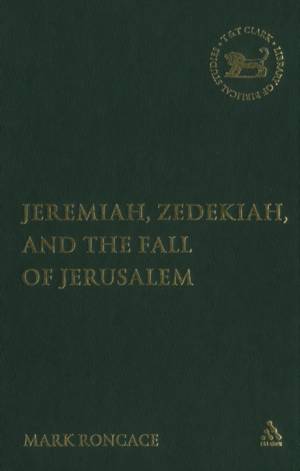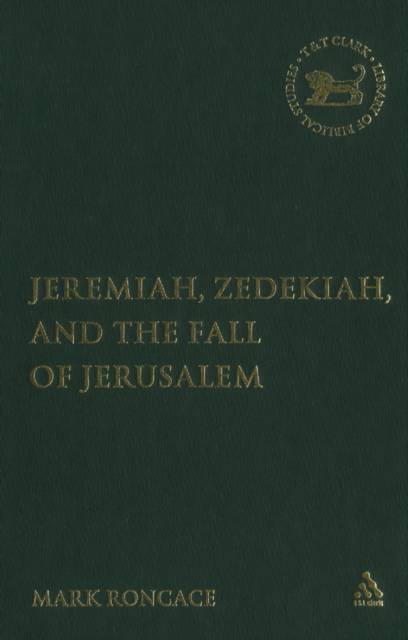
- Afhalen na 1 uur in een winkel met voorraad
- Gratis thuislevering in België vanaf € 30
- Ruim aanbod met 7 miljoen producten
- Afhalen na 1 uur in een winkel met voorraad
- Gratis thuislevering in België vanaf € 30
- Ruim aanbod met 7 miljoen producten
Zoeken
€ 415,95
+ 831 punten
Omschrijving
*Uses both a narratological and historical-critical method to read these specific passages of Jeremiah
*Demonstrates that the story of Jeremiah and Zedekiah is not the typical god prophet/bad king story found in much of prophetic literature and the Deuteronomic History
*Provides an intertextual reading of the passages which connects Jeremiah to other figures in the Old Testament
Specificaties
Betrokkenen
- Auteur(s):
- Uitgeverij:
Inhoud
- Aantal bladzijden:
- 210
- Taal:
- Engels
- Reeks:
Eigenschappen
- Productcode (EAN):
- 9780567026712
- Verschijningsdatum:
- 8/09/2005
- Uitvoering:
- Hardcover
- Formaat:
- Genaaid
- Afmetingen:
- 156 mm x 237 mm
- Gewicht:
- 548 g

Alleen bij Standaard Boekhandel
+ 831 punten op je klantenkaart van Standaard Boekhandel
Beoordelingen
We publiceren alleen reviews die voldoen aan de voorwaarden voor reviews. Bekijk onze voorwaarden voor reviews.







